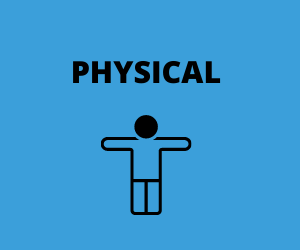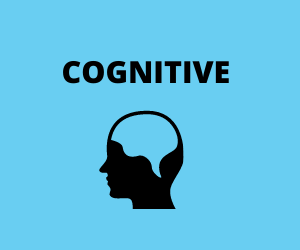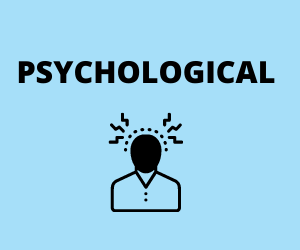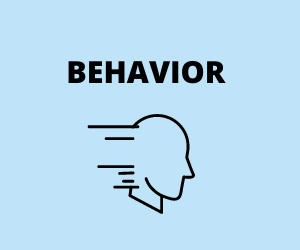Mild
- Loss of consciousness of less than 30 minutes
- Post-traumatic amnesia of less than 24 hours
- Glascow Coma Scale of 13-15
Traumatic brain injury (TBI), also known as a concussion, occurs when there is a disruption of healthy brain functioning as a result of a bump, blow, shaking, or other force to the head.
You don’t have to lose consciousness or “blackout” to have suffered a brain injury, and as a matter of fact, most concussions don’t involve a prolonged loss of consciousness.
Head injuries can occur as a result of falls, sports injuries, domestic violence, motor vehicle accidents, blast/combat injuries, and numerous other causes.
The symptoms of TBI can be quite diverse, and very different for each patient.
They can be broken into 4 main categories, but there can be many other symptoms beyond the example listed below.
Click on card to read symptoms.




The most common type of brain injury we see in our offices comes as a result of the head and neck getting thrown back and forth rapidly during a motor vehicle collision. This is what is commonly referred to as whiplash, and it causes the brain to slosh against the insides of the skull as the head and neck accelerate and then come to a fast stop. According to the Centers for Disease Control (CDC), approximately 23% of people hurt in a car accident sustain a traumatic brain injury or concussion.
During a rear-end collision, in the blink of an eye (about a quarter of a second) the head and neck move backward, then are catapulted forward, then move backward again. As you can see in the video below, even a collision at relatively low velocity can cause significant forces to the body and can injure the brain.
Traumatic brain injury (TBI) is categorized as mild, moderate, or severe. If you’ve been diagnosed with a mild traumatic brain injury, this does not mean that your condition or symptoms are minor or insignificant.
It’s much easier for doctors to identify a broken bone on an x-ray or a herniated disc on an MRI than to order diagnostic imaging for brain injury. If you have had CT scans or MRIs of your brain that were normal, this doesn’t necessarily mean your brain is fine. A concussion is a problem with how the brain is functioning, there is not yet any single test that is used to conclusively diagnose traumatic brain injury.
So how do you know if you might have a concussion or traumatic brain injury?
You can download our TBI Symptom Checklist here.
If you’ve been experiencing three or more of the symptoms on the checklist following an injury, then there’s a good chance that you’ve sustained a traumatic brain injury and should seek immediate medical attention.
"Love this place! After a car accident, they took great care of me and my family! The doctors and staff are very friendly and treated us like family."
Stephanie Edworthy
Patient Review